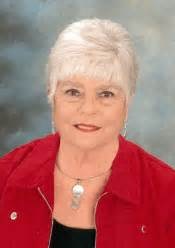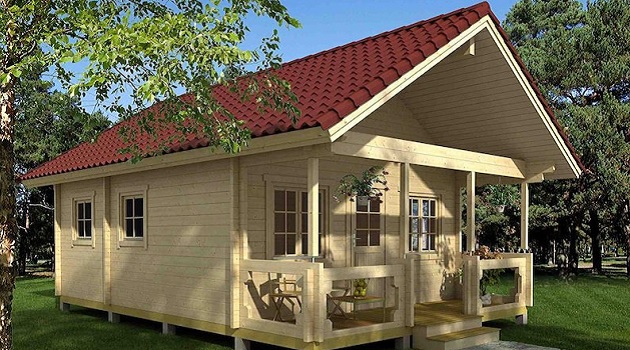
For those of us who love stuff, collections and space, a tiny house is not for us. The tiny house movement is about a lifestyle trend to easier, healthier and cleaner living. It means more time for fun and less housecleaning.
But is this the first time for a tiny house? No. Remember the Sears Home Kits that contained all needed materials already cut, measured and numbered for a specific house plan and delivered by train? So what is a tiny house? Tiny homes are usually between 100 and 400 square feet and can be mobile or on a foundation.
They are designed to only have the essentials. If you are into having guests over, this may not be for you unless you entertain them al fresco.
In the Columbia area, this is not a big market now but may become one in the future because of some of the positive characteristics. Tiny homes make great use of space. It also can be an answer for a garage, office or a space for aging parents.
And they are usually more affordable than traditional housing. On the negative side, in many areas most zoning rules don’t address tiny homes. They are in a grey area and sometimes even fall into an RV category.
Before you start looking for a tiny home, consider the following costs. If you build on a trailer for mobility, it will typically be more expensive than a foundation. Other costs are complexity of plans and the materials selected.
Getting a mortgage on a tiny home is tough because they do not qualify. Many buyers pay cash or obtain unsecured personal loans through lenders. Also, getting insurance is a challenge. Insurers look at who built the home: a professional builder or yourself with a DIY kit. And another consideration is what is it built on – a trailer or foundation. Homes built on a trailer need to have an RV certification.
And as was said earlier, zoning laws can get in the way. Rural areas have more lenient laws so that may be the answer. But what you save in a rural location might get eaten up on connecting to the power grid.
Finally, the resale value of a tiny home may not hold up. They are customized to fit a particular person’s lifestyle. If it is located in a desirable area, it should appreciate, especially if it is on a foundation. If your tiny home is on wheels, think of it as an RV which depreciates like a car.
If nothing else, tiny homes give us great ideas for making better use of our existing storage space in our spacious homes that holds all of our collections and stuff..
For more information, contact your local Irmo agent, Nancy Nelson-Embler at Coldwell Banker, 7464 Woodrow Street. Or call or text me at 331-0635.


